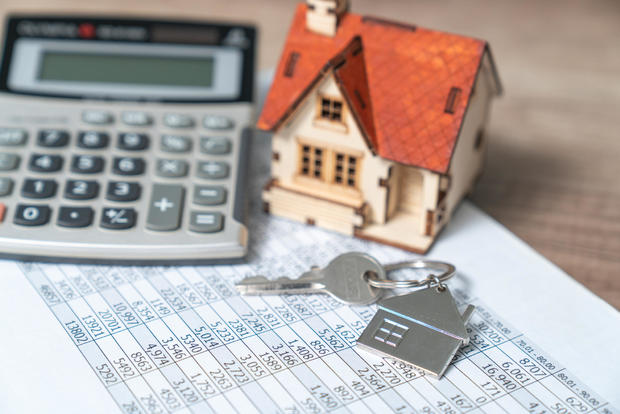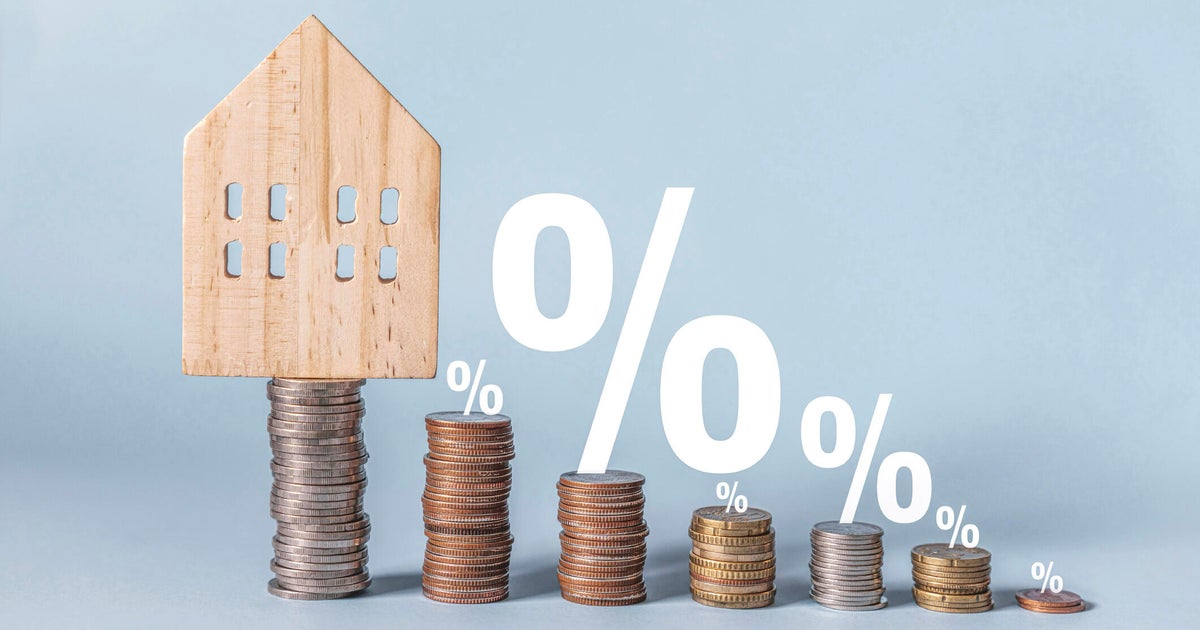Why you should make bi-weekly mortgage payments
If you have a 30-year fixed-rate mortgage, you're locking yourself into three decades of monthly payments, with interest accruing the whole time. It's understandable, then, that some homeowners would want to figure out a way to pay off their mortgage faster and save themselves some money. Luckily, it isn't hard to do, especially if you're willing to pay a bit extra each year. All you have to do is set up a biweekly payment schedule rather than a traditional monthly plan.
Start shopping for a mortgage online today.
Why you should make bi-weekly mortgage payments
Making a payment to your mortgage every two weeks rather than once a month can potentially get your mortgage paid off years earlier, saving you a significant amount in interest payments. Here are a few reasons why you should consider setting up a biweekly mortgage payment for your home today.
You'll pay off your loan faster
A biweekly mortgage payment schedule could allow you to pay off your home as much as 6-8 years faster than if you pay monthly. Remember, there are 52 weeks in a year. If you're paying the equivalent of half of a monthly payment every two weeks, that equals 26 half payments or 13 full payments each year. That means that you're making one extra payment each year.
Let's use the example of a $500,000 30-year fixed-rate mortgage with an interest rate of 7.73%, the current national average. According to Bankrate's calculator, switching from a monthly payment to a biweekly payment will lead to you paying off your entire mortgage in 22 years rather than taking the full 30. If you're buying a home you plan to live in for only 5-8 years before moving, this might not seem worth it. But if you believe your family has found a forever home to grow old in getting out of debt eight years ahead of schedule could make a world of difference for long-term financial plans.
"If you can make additional payments early in the cycle, it's like paying yourself back faster," says Bill Banfield, executive vice president of capital markets at Rocket Mortgage.
Considering a biweekly schedule? Find the mortgage you want to implement it with right now.
You'll save money in interest
Even though you're paying off your loan faster, it's still amortized over the full 30 years. Amortization is a process mortgage lenders use to make sure borrowers can have a consistent monthly payment – but the amount of each payment that goes to interest versus principal is not consistent. Early payments in an amortized loan are mostly interest, and as you move forward more and more goes to the principal. By the end of the loan, nearly your entire mortgage payment goes toward the principal.
If you make biweekly payments, that extra annual payment goes entirely toward the principal. This means that there is less money in the loan to charge interest. Consequently, you end up accruing less interest and will owe less money to your lender overall.
According to Bankrate's calculator, the borrower with the loan described above – a 30-year fixed rate loan of $500,000 with a rate of 7.73% – would pay a total of $787,055.21 in interest if they make standard monthly payments. If they switched to biweekly payments, they'd only pay $566,207.14 That's a total savings of $220,848.07. That money could be used to save for retirement, pay off other debt or even for something fun like buying a vacation property or recreational vehicle.
This is an especially big benefit if you are getting a mortgage right now, as rates are on the high side.
It works for other mortgage types as well
The example used in this article was for a 30-year fixed-rate mortgage, but you could also use a bi-weekly payment schedule for other types of loans as well. For instance, if you had a 15-year fixed-rate mortgage for $500,000 with an interest rate of 7.02% (the current average), switching to a bi-weekly payment schedule would save you two years and more than $46,000.
You could also make bi-weekly payments with an adjustable-rate mortgage (ARM). The only difference would be that the payment amount would periodically change. With an adjustable-rate mortgage, your mortgage rate is adjusted on a set schedule, often once a year. If mortgage rates offered by your lender go up or down, so will the rate you pay. This means that your monthly or biweekly payment will change as well. The extra payments you make each year in a biweekly schedule will still go towards the principal.
The bottom line
A biweekly mortgage payment schedule can save you time and money. You'll pay your loan off faster and save on principal – perhaps hundreds of thousands of dollars. All you have to do is find room in your budget for the equivalent of one extra monthly payment each year. If you can afford that, consider going with a biweekly schedule and giving yourself more money to do other things with.




